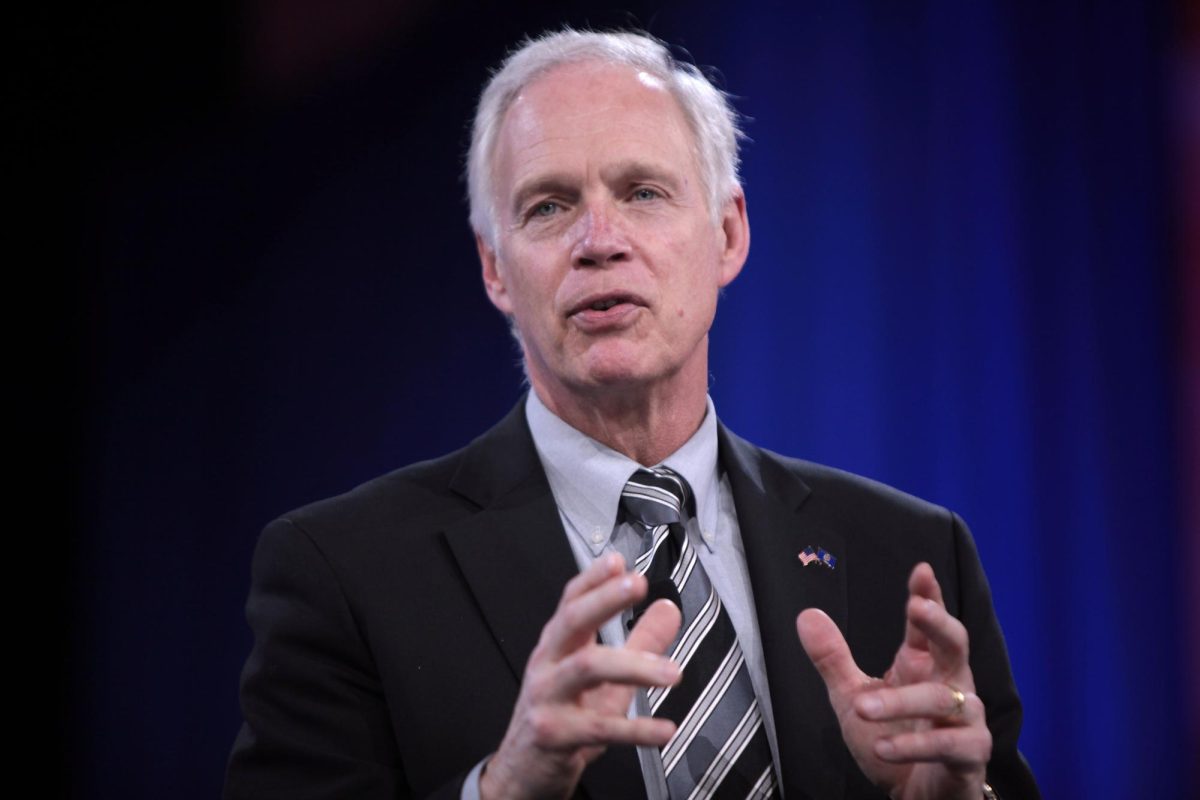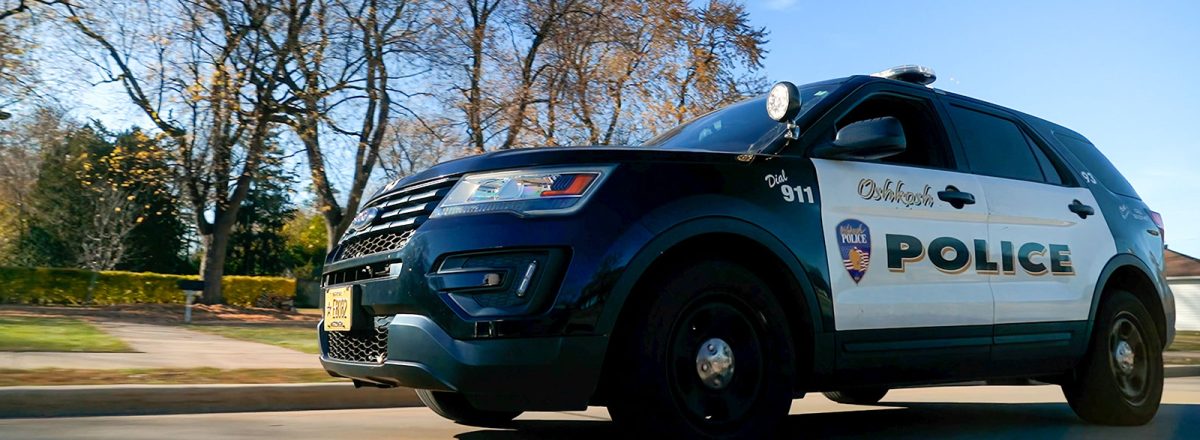Be The Match, a organization dedicated to helping people who have bone marrow disorders, will hold a registration drive at Reeve Union concourse next week for students who want to donate.
The registration will be Tuesday, April 18 and Wednesday, April 19 from 10 a.m. to 8 p.m.
Sydney Langmann, president of the Be The Match Club of UWO, said they help individuals that have any blood, bone marrow or immune systems disorders.
Langmann said some of these disorders can come in a variety of form such as leukemia, lymphoma and aplastic anemia.
Senior Brandon Ruder said he never knew about this drive, but after learning about how much of an impact it has on people in need of the marrow, he thinks everyone should register.
“I would sign up because there could be a chance for me to change someone’s life tremendously and that would be the best gift in the world,” Ruder said.
Langmann said when people join the Be The Match Registry, they will hopefully be the match to someone who needs a bone marrow donation.
“Donating bone marrow involves matching a donor’s tissue type to a patient’s tissue type,” Langmann said.
Langmann said the donor will have the inside of their cheeks swabbed with a cotton swab gather cheek cells, in order to will be tissue-typed. Which won’t need to donate until there’s a match.
Langmann said there are two types of donations, one of which is peripheral blood stem cell donation where they collect cells for transplant.
“With PBSC, you go through a process called aphaeresis,” Langmann said. “A needle will be placed in your arm and blood will be passed through a blood cell separator machine.”
Langmann said the machine collects PBSCs, platelets and white blood cells, and the rest of the blood is returned to your body.
“This process is very similar to donating blood, as blood will be taken out of your arm through a needle,” Langmann said.
Unlike donating blood, the red blood cells and other cells not necessary for the bone marrow recipient will be returned to the body Langmann said.
Langman said the other type of donation is bone marrow donation, which is a surgical procedure that involves anesthesia.
Once the person is under the anesthesia, the surgeon will insert a needle into your pelvic bone to draw out bone marrow, Langmann said.
“This procedure mainly occurs if the person needing the bone marrow is an infant or child, or there is an emergency situation,” Langmann said.
Langmann said peripheral blood stem cell donation may involve pain when the needle is placed in your arm, unlike marrow donation which is done under anesthesia, so there is no pain.
After the marrow donation, a common side effect is feeling like you’ve slipped on ice which causes muscle soreness or pain, Langmann said.
“People are not paid to donate bone marrow,” Langmann said. “If you are chosen to donate, costs for transportation, medical care, or any other expenses are covered.”
According to Langmann, people between the ages of 18 and 44 are the most requested donors.
“Younger donors produce higher-quality cells that will provide the best possible outcome for the patient,” Langmann said.
Langmann said most college students fit into this category and are able to make a huge difference in someone’s life.
Langmann said a wonderful example of this is UWO’s football quarterback Brett Kasper and his donation story to now 11-year-old Phoenix Bridegroom.
“Not only will a bone marrow donation give a patient newfound hope,” Langmann said. “It also has the ability to positively impact the community as well.”
Langmann said if any student would like more information on joining the club or joining the registry, they should contact Be The Match Club at .








